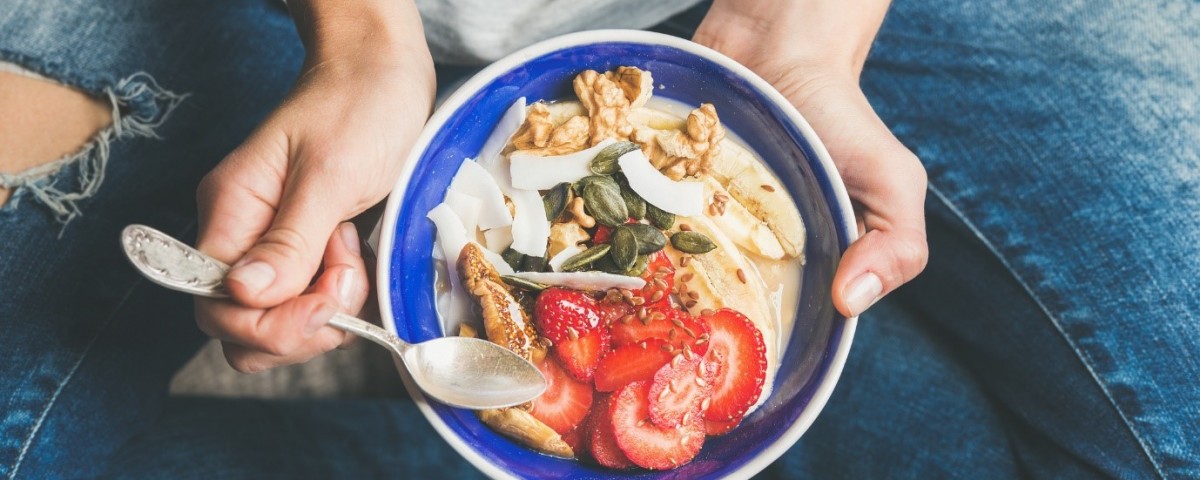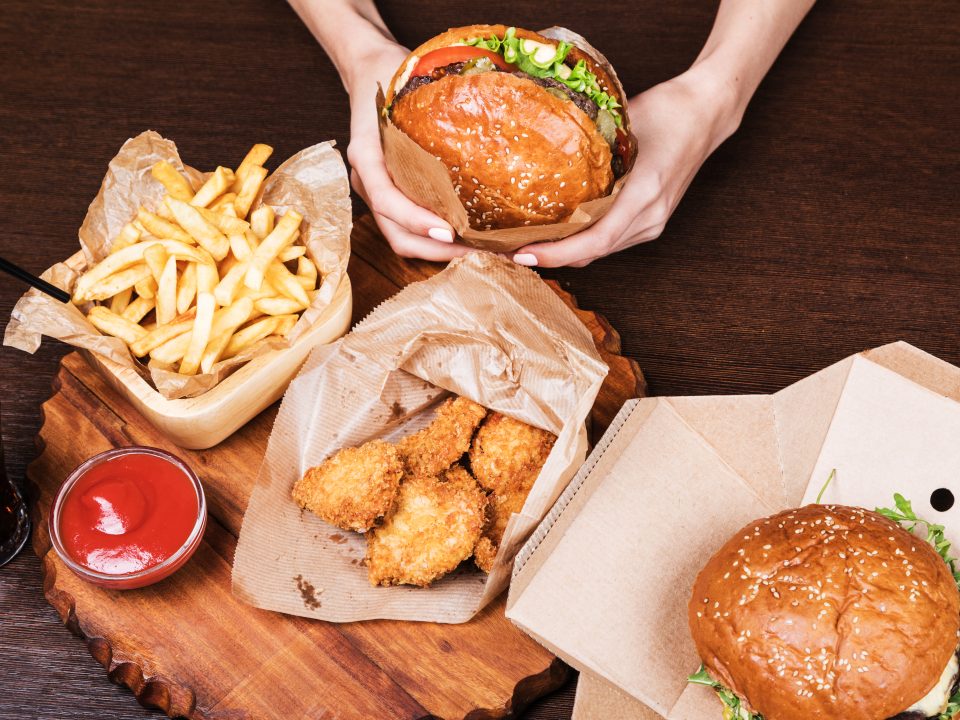
Tips to Survive the Silly Season
December 14, 2017
Snooze You Lose: 5 Ways Good Sleep Can Help You Lose Weight
December 18, 2017Breakfast is hailed as the most important meal of the day and, whether is a bowl of cereal or a fry up, we all have our own thoughts on what we should, or shouldn’t eat in the morning. From opinion to scientific research, there is plenty of information out there surrounding the subject of breakfast, making it difficult to sort fact from fiction.
So, to shed some light on the situation we’ve decided to answer some common, breakfast-related questions to help you uncover the truth on this morning meal.
Skipping breakfast leads to weight gain.
FALSE.
There is no solid evidence that suggests skipping breakfast will cause weight gain. Everyone is different and there are several factors which effect weight such as diet, lifestyle and culture. Attributing weight gain to missing breakfast is simply too difficult to prove.
However, it is proven that when you skip breakfast your blood sugar level drops and, as a result, you become hungrier and have less energy. A 2005 study found that those who skipped breakfast ate more carbohydrates and fats later in the day and so were unhealthier in the long run.
Eating a healthy breakfast causes your thermogenesis process to start working, which then stimulates your metabolism. By kick-starting this process, your body is turning your breakfast into energy and burning off those pesky calories, making you ready to tackle the day ahead.
It can lower your risk of Type 2 diabetes.
TRUE.
It’s true, scientist have suggested that eating a healthy breakfast can reduce your chance of Type 2 diabetes. Type 2 diabetes means your body is resistant to insulin it is a disease that is becoming increasingly common with the UK. Insulin is crucial to your health as it allows your body to absorb the sugar in your bloodstream, turning it into energy.
A study conducted on 4,000 UK school children found that those that didn’t eat breakfast had 26% higher insulin resistance than those who did. The children with a higher insulin resistance are at less risk of Type 2 diabetes. One of the main reasons eating breakfast helps lower the risk is because it (traditionally) contains lots of fibre. Foods such as porridge, muesli and granola are all packed with fibrous goodness that will help you live a healthy life.
Any form of breakfast is a good breakfast.
FALSE.
The benefits of breakfast are only optimised when you are eating the right kinds of foods. Sugary cereals and oily fry ups are great for a one time treat but they are not a balanced breakfast. There are many foods that are commonly eaten for breakfast which are not good for you, white bread is a great example of this.
The white flour used to bake white bread is stripped of the bran, reducing the grains fibre content. This lack of fibre means you won’t be full for long and you’ll be at the biscuit jar way before lunch. Swapping your white toast for brown will keep you fuller for longer and why not add a poached egg and a green tea to the mix for a truly nutritious breakfast?
Studies have shown that eating eggs can increase the feeling of fullness, help maintain steady insulin levels and contain high quality protein. Green tea is a perfect accompaniment as it contains half the amount of caffeine as a cup of coffee, but still holds all the same benefits such as improving your mood and alertness.
The most important thing to remember is that eating a balanced, healthy breakfast is a great way to start your day and give you some morning energy. We hope we have been able to help answer some of your questions and that you will continue to eat a breakfast you love!
The team at OnTrack are ready to offer you the support needed to live a healthier and more active lifestyle. You can take advantage of our two for one offer and bring a friend for free, like mother and daughter duo Lulu and Annette who left our retreat feeling healthy, happy, and ready to tackle their weight loss journey together.





